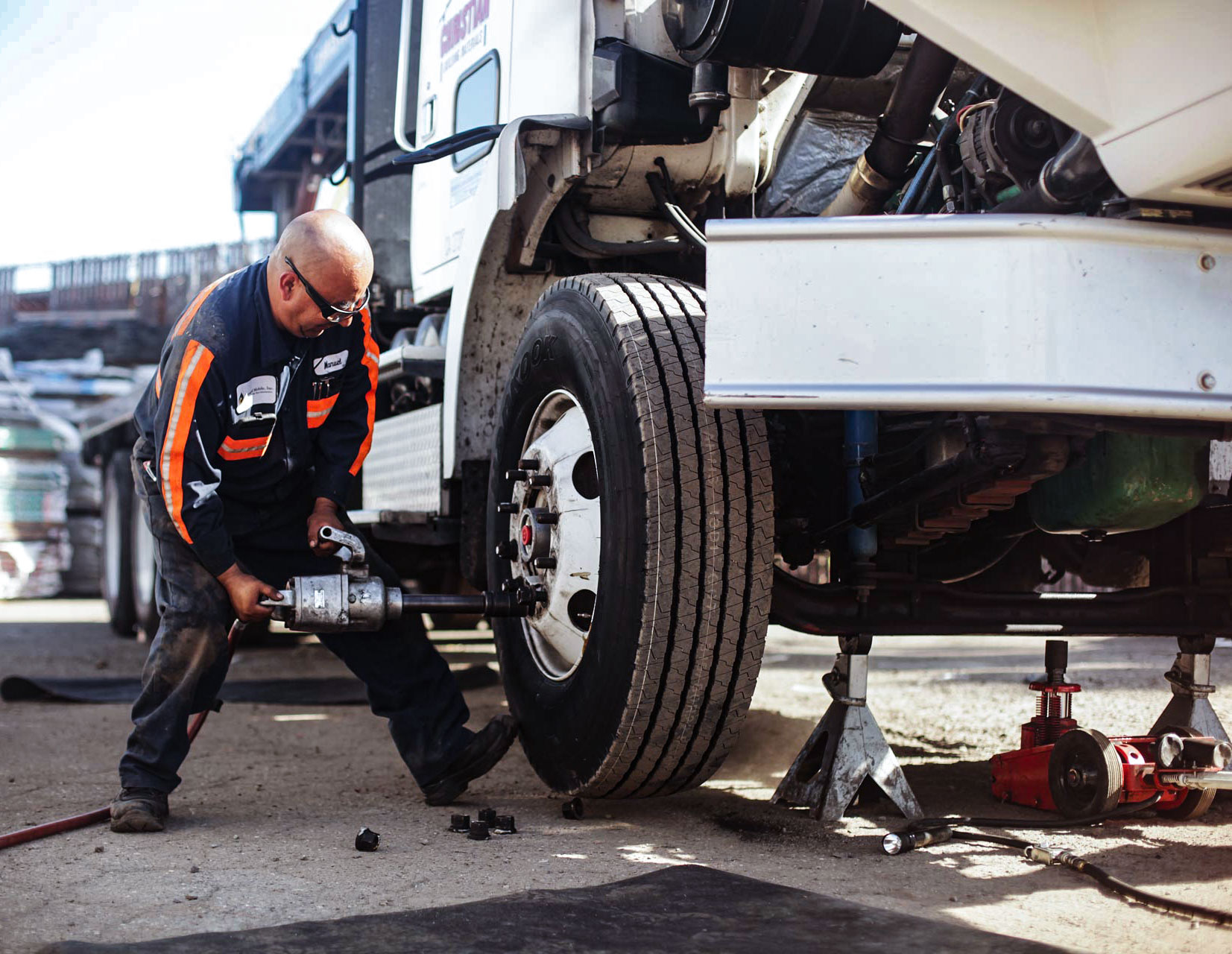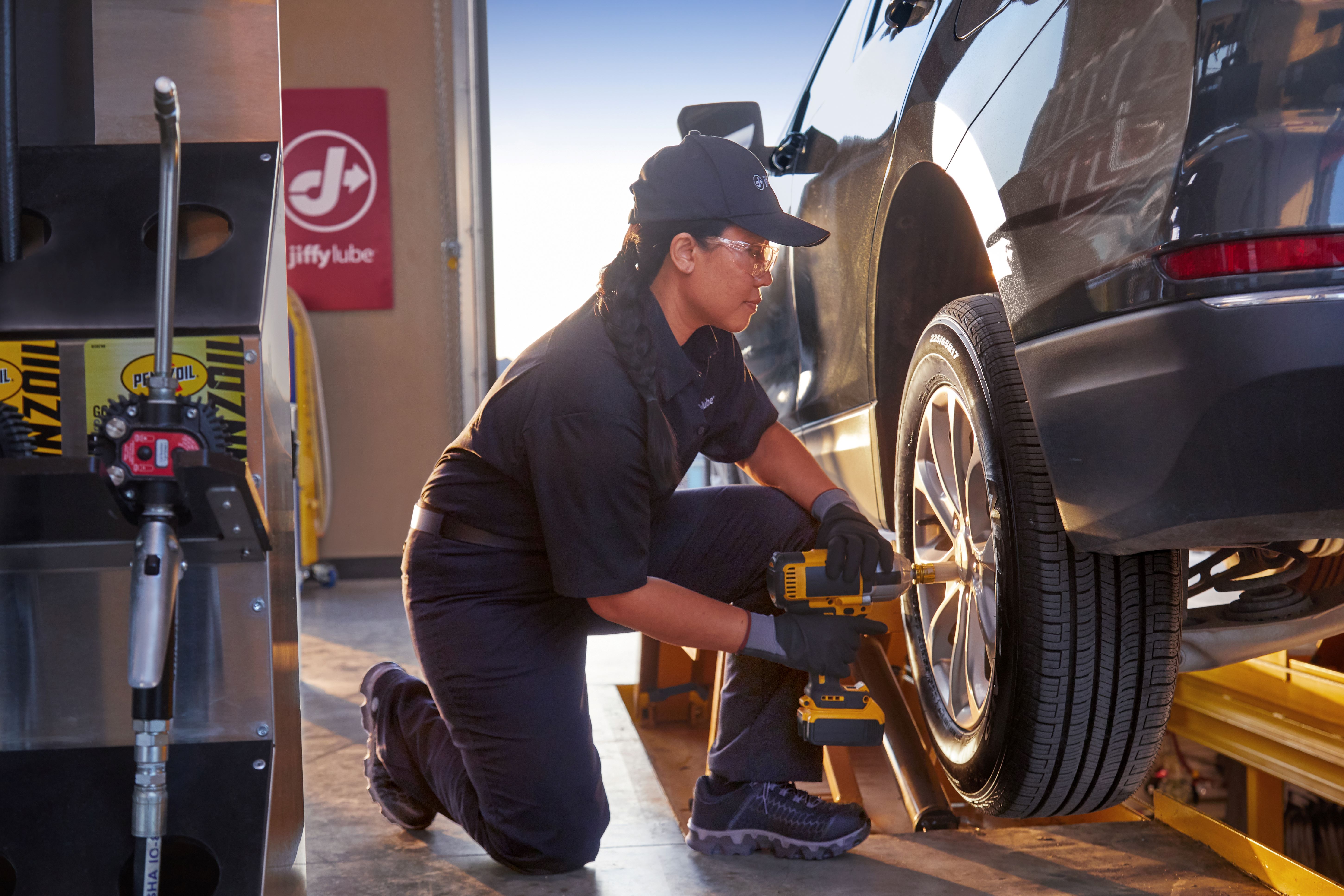Morris Tire Service: Trustworthy and Inexpensive Care
Morris Tire Service: Trustworthy and Inexpensive Care
Blog Article
The Link In Between Tire Solution and Fuel Efficiency
Performance in gas usage is a critical issue for vehicle owners looking for to enhance their driving experience. Among the various variables that affect fuel efficiency, tire solution sticks out as a critical component that commonly goes ignored. The elaborate relationship in between tire maintenance and gas economic situation is a testament to the intricate operations of an automobile. By recognizing exactly how tire care directly influences the effectiveness of your vehicle, you can unlock a world of possibilities that not just enhance performance however also add to set you back savings in the future.
Relevance of Correct Tire Inflation
Appropriate tire rising cost of living is a crucial aspect in taking full advantage of fuel effectiveness and ensuring optimal automobile efficiency. When tires are underinflated, it develops more rolling resistance, triggering the engine to work more challenging and melt more gas to maintain the same rate. On the various other hand, overinflated tires can lead to a harsher ride, unequal tire wear, and decreased grip. To locate the recommended tire pressure for your vehicle, refer to the owner's manual or the sticker located on the driver's side door jamb.
Maintaining the proper tire pressure not just enhances fuel performance however additionally boosts driving safety. Consistently examining and changing tire stress, specifically previously lengthy trips, is a basic yet reliable method to enhance your vehicle's fuel economic situation and ensure a smooth driving experience.
Effect of Tire Tread Depth
Preserving the advised tire stress is important for ideal automobile efficiency and fuel performance; similarly, the walk depth of your tires plays an important function in making sure safety and traction when traveling. Tire walk deepness directly influences the capacity of your tires to grip the road surface area, specifically in wet or slippery problems. As tires wear down, their walk deepness declines, affecting their ability to channel water away and preserve correct contact with the road. The suggested minimum step deepness is usually 2/32 of an inch, but also for boosted safety and performance, numerous professionals suggest transforming tires before they reach this point. Proper tread depth not only guarantees much better handling and stopping however likewise adds to sustain performance by reducing rolling resistance. Frequently checking your tire walk depth and replacing tires when required is an easy yet efficient method to promote both security and fuel efficiency when driving.
Duty of Wheel Positioning in Performance
Guaranteeing precise wheel placement is important for maximizing car effectiveness and optimizing gas economic climate. Proper wheel positioning entails changing the angles of the wheels to supplier specifications, making sure that they are alongside each various other and perpendicular to the ground. When wheels are misaligned, it can bring about uneven tire wear, boosted moving resistance, and decreased fuel effectiveness.

Furthermore, accurate wheel alignment can also improve handling and security, lowering the quantity of energy required to maneuver the lorry (tire shop near me). By reducing unneeded friction and drag, correct wheel positioning plays an important function in improving overall automobile effectiveness and fuel economy. Normal wheel positioning checks and adjustments are vital for keeping ideal efficiency and optimizing fuel cost savings
Link Between Tire Upkeep and MPG
An essential element of maximizing fuel performance in vehicles is the maintenance of tires and their direct influence on miles per gallon (MPG) Proper tire maintenance plays a vital role in making best use of gas economic situation. On the other hand, overinflated tires decrease the get in touch with spot with the roadway, leading to uneven wear and decreased fuel effectiveness.
In addition, tire tread depth likewise affects gas performance. Worn-out treads decrease traction, particularly in damp problems, requiring the engine to apply even more power to keep rate. This increased resistance lead to higher fuel consumption. By making sure tires have appropriate step deepness, vehicle drivers can improve both safety and security and gas economic situation.
Basically, proper tire upkeep, including monitoring tire pressure and step deepness, is straight connected to attaining optimum MPG. By integrating routine tire assessments and maintenance right into a lorry care routine, drivers can not just prolong tire life but additionally enhance fuel performance, inevitably conserving money and reducing ecological effect.

Tips for Fuel-Efficient Tire Treatment
Given the important relationship between tire maintenance and fuel performance, executing reliable strategies for enhancing tire treatment is essential to improving total car efficiency. To make certain fuel-efficient tire care, routine tire stress checks are essential. Properly filled with air tires reduce rolling resistance, improving gas performance and prolonging tire life-span. Additionally, maintaining correct wheel placement and balancing helps disperse weight equally, preventing uneven tire wear and enhancing gas usage. Revolving tires at advised periods promotes even tread wear, enhancing fuel effectiveness by making sure all tires contribute equally to vehicle performance. It is also vital to evaluate tires for indicators of damages, such as cuts, slits, or protrudes, as these issues can influence gas effectiveness and overall safety and security. Picking tires with low moving resistance can substantially boost gas economy. By incorporating these fuel-efficient tire treatment tips right into a routine upkeep schedule, chauffeurs can make the most of fuel performance, lower running expenses, and prolong the life of their tires.
Final Thought
To conclude, appropriate tire service plays an essential duty in fuel performance. Maintaining proper tire inflation, monitoring walk deepness, and guaranteeing wheel placement can all add to making the most of miles per gallon. By consistently keeping tires and complying with fuel-efficient tire care tips, vehicle drivers can enhance their vehicle's efficiency and lower gas usage. It is important to focus on tire morris tire maintenance to not just save money on gas costs but additionally to advertise overall car performance.
Report this page